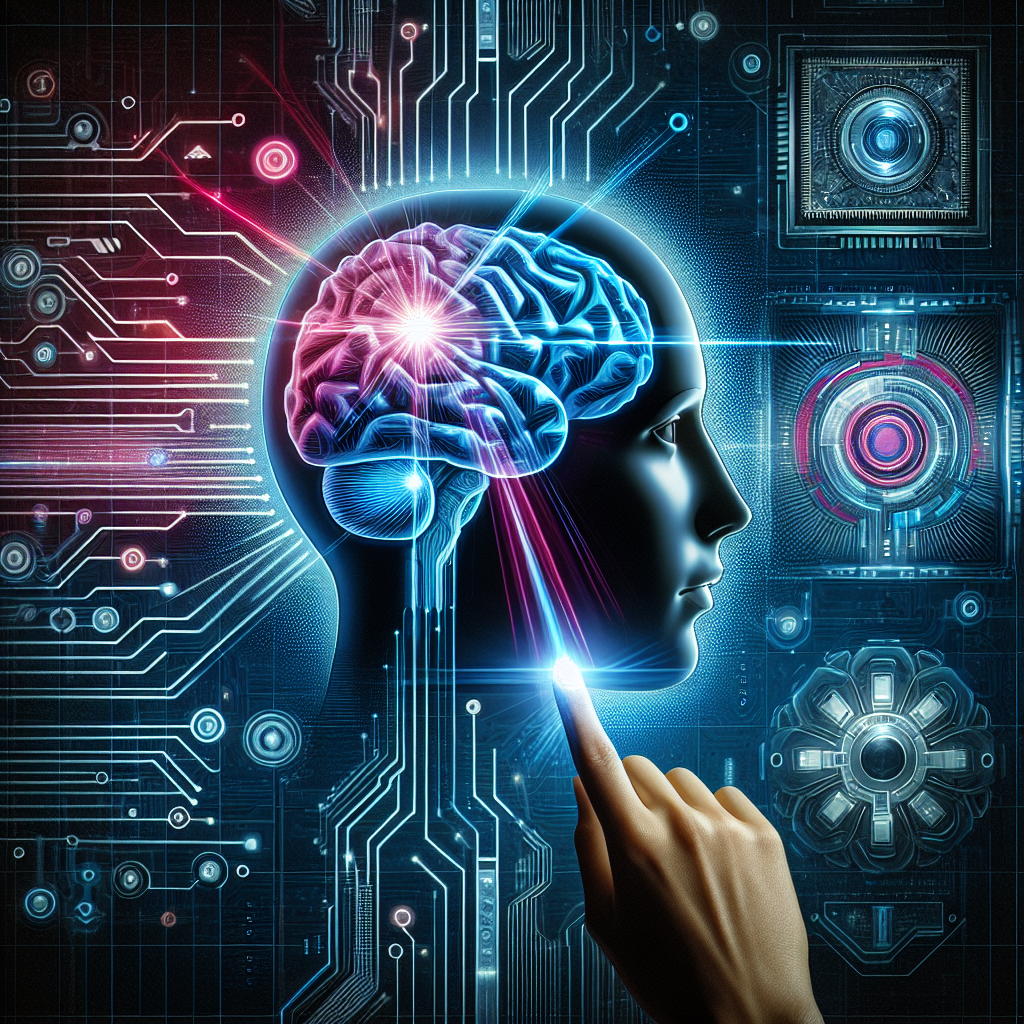Demystifying AGI: What It Is and How It Works
Artificial General Intelligence, or AGI, is the next frontier in the field of artificial intelligence. Unlike the narrow AI systems that we are familiar with today, AGI aims to replicate human-level intelligence across a wide range of tasks and domains. In this article, we will explore what AGI is, how it works, and the potential impact it could have on society.
What is AGI?
AGI refers to artificial intelligence systems that possess general intelligence, similar to that of a human being. These systems are able to understand and learn from their environment, adapt to new situations, and perform a wide range of tasks without human intervention. AGI is often seen as the holy grail of AI research, as it has the potential to revolutionize industries, solve complex problems, and even surpass human capabilities in many areas.
How does AGI work?
AGI systems are designed to mimic the cognitive processes of the human brain, such as perception, reasoning, learning, and problem-solving. These systems typically rely on deep learning algorithms, neural networks, and other advanced technologies to process and analyze vast amounts of data. By using these techniques, AGI systems can learn from experience, make predictions, and generate new ideas autonomously.
One of the key challenges in developing AGI is creating systems that are capable of learning and reasoning across multiple domains. Unlike narrow AI systems, which are designed for specific tasks like image recognition or natural language processing, AGI systems must be able to transfer knowledge and skills from one domain to another. This requires a high degree of flexibility and adaptability, as well as the ability to generalize from limited data.
Another challenge in developing AGI is ensuring that these systems are safe, ethical, and aligned with human values. As AGI becomes more advanced and autonomous, there is a risk that these systems could act in ways that are harmful or unpredictable. Researchers are working to develop safeguards and control mechanisms to mitigate these risks and ensure that AGI systems are used responsibly.
What are the potential applications of AGI?
AGI has the potential to revolutionize a wide range of industries and sectors, including healthcare, finance, transportation, and entertainment. In healthcare, AGI systems could help doctors diagnose diseases, develop personalized treatment plans, and improve patient outcomes. In finance, AGI systems could analyze market trends, predict stock prices, and optimize investment strategies. In transportation, AGI systems could drive autonomous vehicles, manage traffic flow, and improve safety on the roads. In entertainment, AGI systems could create realistic virtual worlds, generate personalized content, and enhance the gaming experience.
FAQs about AGI
Q: When will AGI be developed?
A: The timeline for developing AGI is uncertain, as it depends on a wide range of factors, including technological advancements, research breakthroughs, and funding. Some experts predict that AGI could be achieved within the next few decades, while others believe it could take much longer.
Q: What are the ethical considerations of AGI?
A: Ethical considerations are a crucial aspect of developing AGI, as these systems have the potential to impact society in profound ways. Researchers are working to address issues such as bias, privacy, accountability, and transparency in AGI systems.
Q: Will AGI replace human workers?
A: AGI has the potential to automate many tasks and jobs currently performed by humans. While this could lead to job displacement in some industries, it could also create new opportunities and roles in others. It is important for policymakers, businesses, and individuals to prepare for the societal impact of AGI and ensure a smooth transition to this new era of AI.
In conclusion, AGI is a groundbreaking technology that has the potential to reshape the way we live, work, and interact with the world. By demystifying AGI and understanding how it works, we can better prepare for the opportunities and challenges that lie ahead. As researchers continue to push the boundaries of AI, it is important to foster collaboration, innovation, and responsible use of AGI to ensure a bright future for humanity.

